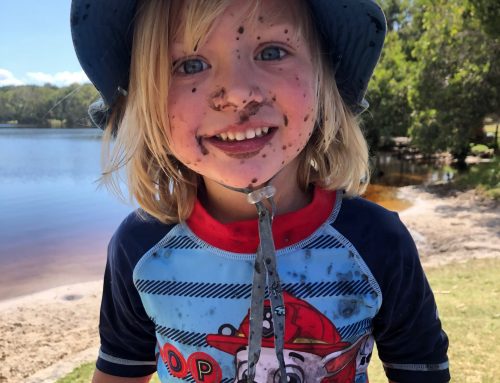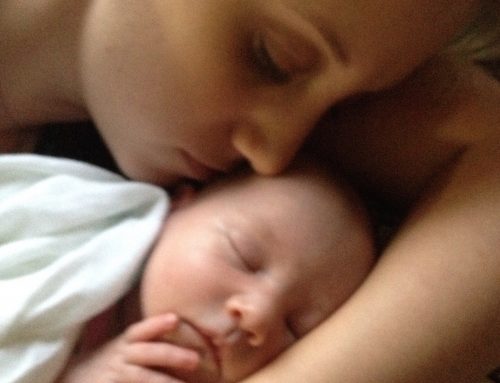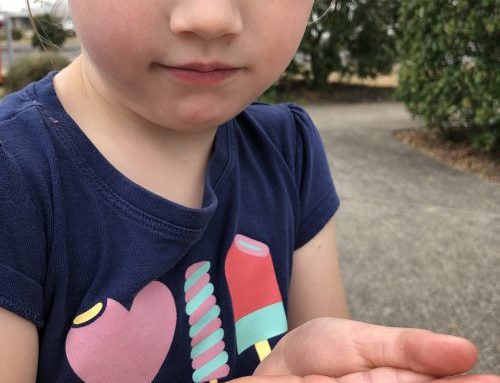“
Thanks for your science based and heartfelt based approach to baby rearing! We love it!!!”
What an interesting question! Particularly as I happen to have given a lecture on this quite recently. For those of you with a short attention span I’ll give you the conclusion first:
Yes, your own breastmilk is a good analgesic for your baby.
This has been shown in quite a few studies looking at the response of babies, both full-term and premature, to heel stick blood tests.
There’s actually been more than twenty of these studies and a number of reviews. The Cochrane Neonatal Reviews looked at all these studies and found that, though there were difference in the minutiae of the results, generally breastfeeding itself and, to a lesser extent, the taste of expressed breastmilk did relieve the pain of blood taking interventions.
The studies also showed the smell of the milk itself, even without the close presence of the mother or the feel of her breast on the baby’s cheek, was comforting. These associated factors are of course very important but with the sense of smell the familiarity of the odour of milk itself is critical. A Japanese study has shown that the smell of mother’s own milk (MOM) works to relieve the stress of a heel stick whereas another mother’s milk didn’t work at all and neither did formula. They measured the cortisol (stress hormone) level in the MOM babies and found it did not rise at all during a heel stick, but the level did rise without it.
One small point, I have to take issue with the supposition that Cameron is suffering from ‘teething’. There is a lot of good quality evidence to suggest that “teething causes nothing but teeth”. The most it seems to cause is a short period of minor discomfort at most (and some would even debate that).
Nishitani S, Miyamura T, Tagawa M. et al. The calming effect of a maternal breast milk odor on the human newborn infant. Neurosci Res (2009) 63(1): 66-71
Agarwal R. Breastfeeding or breast milk for procedural pain in neonates : RHL commentary (last revised: 1 June 2011). The WHO Reproductive Health Library; Geneva: World Health Organization.
Shah PS, Aliwalas LL, Shah VS. Breastfeeding or breast milk for procedural pain in neonates. Cochrane Database of Systematic Reviews 2006;Issue 3. Art. No.: CD004950; DOI: 10.1002/14651858.CD004950.pub2









If Cameron is not teething, what is she going through?
Check out this blog for the likely cause (ie it’s just development!):https://www.babydoc.com.au/helping-babies-to-settle/
Hi, so if you don’t like to talk about teething in terms of ‘suffering’ etc. are you saying that if they seem to have lots of discomfort, that it might be due to something else?
My bub is 6 months and has become unusually fussy and grouchy in the last few days – I can see how developmental advances are a part of this – but in relation to teething (in my assumption): she has times when she no longer enjoys chewing on a teether but instead starts to chew more frantically, starts groaning/growling, and bumps it against her gums getting more and more frantic, frustrated and upset. (usually requires lots of soothing to interrupt and calm her).
Do you think something else may be the cause of this behaviour?
You can be the judge of this! But a large study in the US showed that at the most teething sometimes caused ‘a brief period of minor discomfort only’.